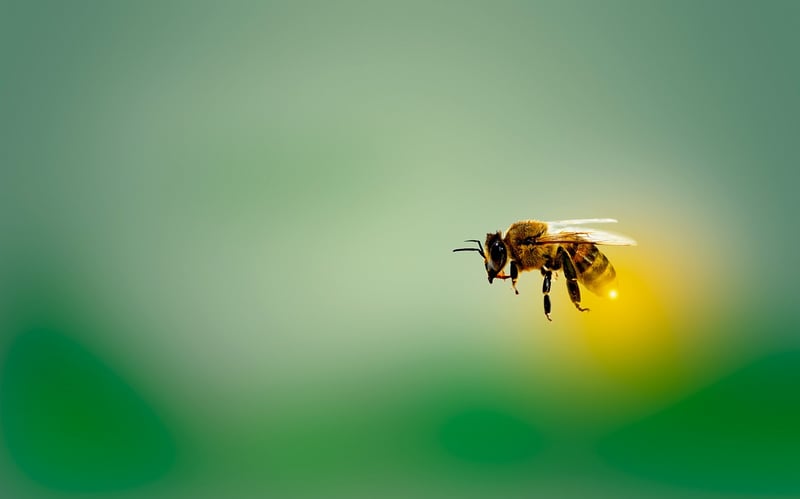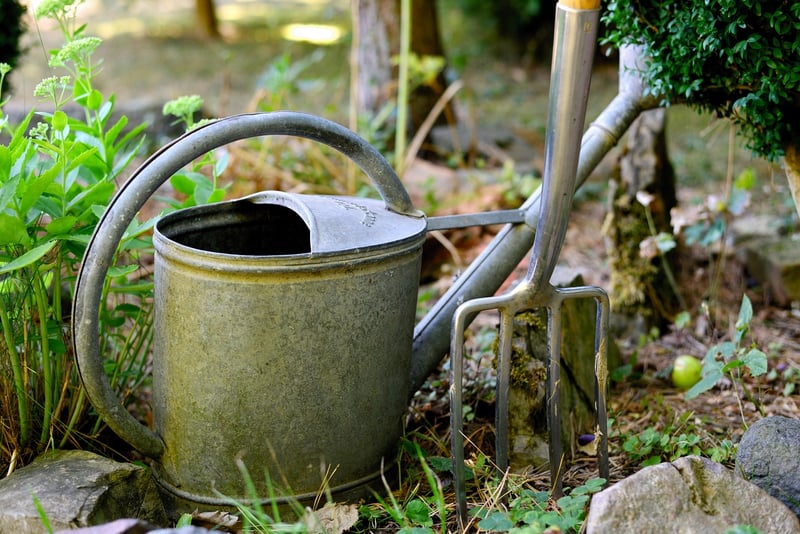Water-wise Gardens
Creating an Environmentally Conscious and Water-wise Garden
Welcome to your guide on how to cultivate a beautiful garden while being environmentally conscious and water-wise. Gardening is not just about planting pretty flowers; it's about creating a sustainable ecosystem that benefits both your surroundings and the planet. Let's dive into some tips on how you can achieve this in your own garden.
1. Choose Native Plants
Native plants are adapted to the local climate and soil conditions, making them more resilient to pests and diseases. They also require less water and maintenance compared to exotic species. Consider planting species like lavender, sage, and California poppies in your garden.
2. Practice Water-wise Gardening
Water is a precious resource, especially in arid regions. Implement water-wise gardening techniques such as drip irrigation, mulching, and collecting rainwater. These methods will help you conserve water and reduce your garden's environmental impact.
3. Compost Organic Waste
Instead of throwing away your kitchen scraps and garden waste, start a compost bin. Composting not only reduces the amount of waste sent to landfills but also creates nutrient-rich soil for your plants. It's a win-win for your garden and the environment.
4. Avoid Chemical Pesticides
Chemical pesticides can harm beneficial insects, birds, and other wildlife in your garden. Opt for natural pest control methods like planting companion plants, using insecticidal soaps, or introducing beneficial insects to keep pests in check.
5. Attract Pollinators
Bees, butterflies, and other pollinators play a crucial role in the garden ecosystem. Plant nectar-rich flowers like coneflowers, bee balm, and lavender to attract these important pollinators. By supporting them, you'll help ensure the health and biodiversity of your garden.
6. Sustainable Garden Design
When designing your garden, consider using permeable materials for pathways, installing a rain garden to capture runoff, and creating habitat areas for wildlife. These elements not only enhance the beauty of your garden but also promote sustainability and biodiversity.
By following these tips and incorporating environmentally conscious practices into your gardening routine, you can create a vibrant and sustainable garden that benefits both you and the planet. Let's cultivate a greener future, one garden at a time!


For more information on water-wise gardening and environmentally conscious practices, check out EPA's WaterSense program.
